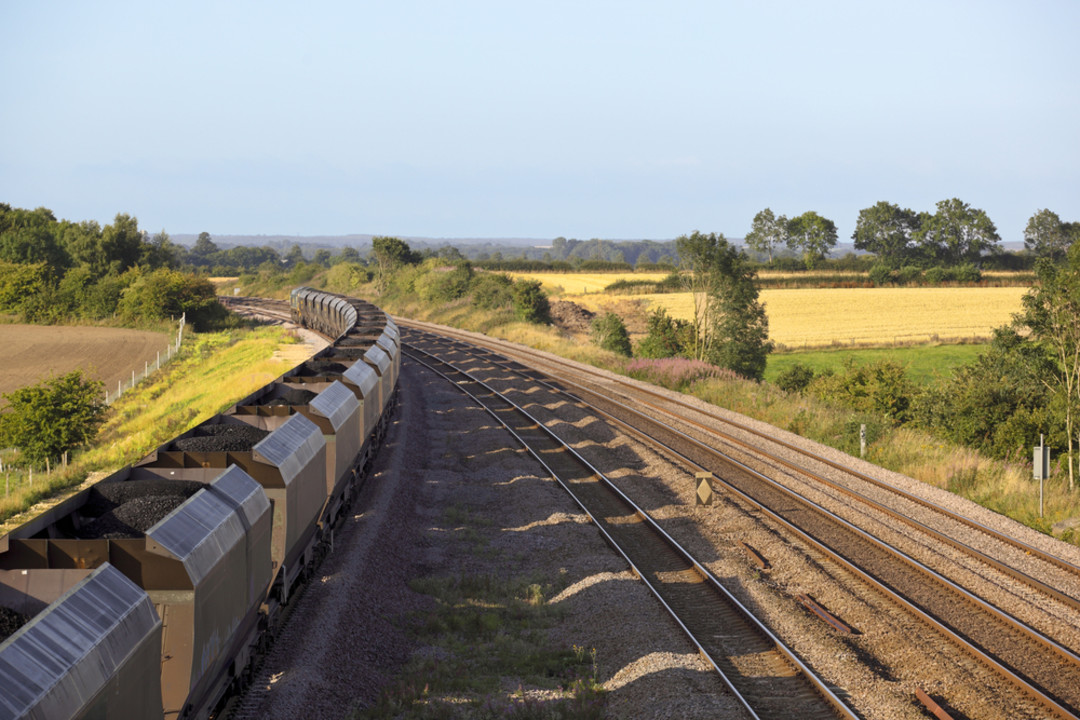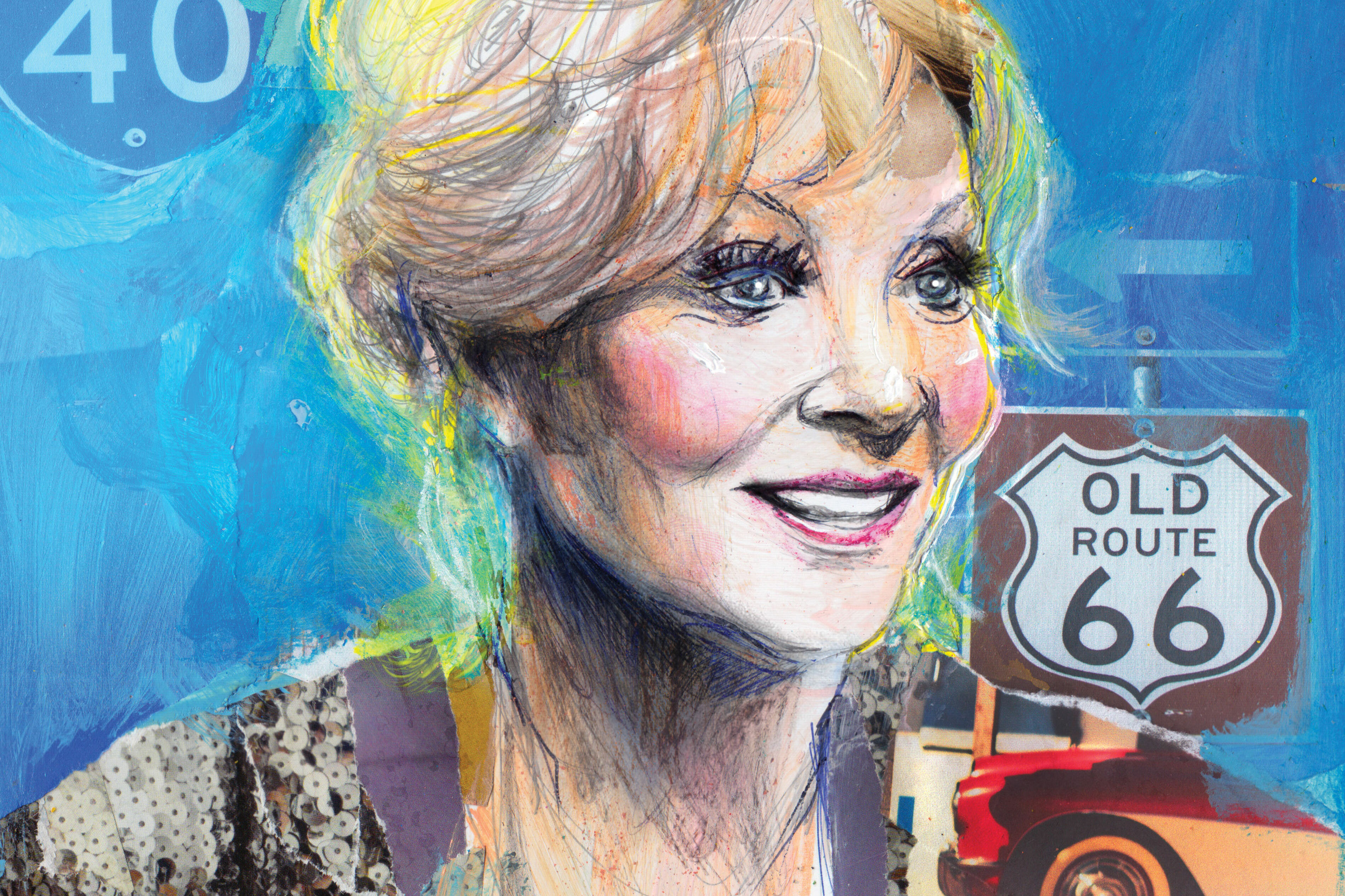On Other Blogs Today: Crumbling Bridges and Bikesharing Hurdles

OOBT
1. As the Republican-dominated state senate prepares to debate whether to fund a transportation package, passed by the house, that would widen highways, fund road and bridge maintenance, pay the state's share of the Columbia River Crossing, and give transit agencies like Metro the authority to ask voters for new revenue sources to preserve bus service, a new national report shows just how bad the state's transportation infrastructure really is.
The American Society of Civil Engineers, an nonpartisan national engineering society, just issued its annual report card on the state of infrastructure in the states. According to ASCE, 67 percent of Washington state's roads are of "poor or mediocre" quality; 26.3 percent of all the state's bridges are either "structurally deficient" (4.6 percent) or "functionally obsolete" (21.6 percent). Driving on roads that need repair, the report concludes, costs motorist $1.349 billion in extra repairs and operating costs, or $272 per driver per year.
Just some handy stats to pull out the next time you're arguing with a Republican who doesn't support the transportation package because they say it isn't urgent to fund road maintenance.
2. For another perspective on the transportation proposal, check out the News Tribune's editorial page, which argues that failing to fund projects like the completion of SR 167 and the widening of I-405 will kill jobs and cripple commerce in the state. Which gets to the heart of why some Democrats(and environmentalists) aren't big fans of the bill—they say it focuses too little on maintaining what we have and providing alternatives to driving alone, and too much on widening highways that will fill up with traffic as soon as they open.

3. The Seattle Times reports that, at the paper's editorial board meeting, mayoral candidate (and city council public-safety committee chair) Bruce Harrell blasted Mayor Mike McGinn's handling of the Department of Justice settlement over police misconduct, saying that if he had been mayor, he would not have agreed to the settlement McGinn signed with DOJ. He also said he would have demanded more information from the department through litigation, if necessary.
Harrell's statements, the Times notes, were virtually the opposite of what he said when the DOJ agreement was being negotiated, when he urged McGinn to sign the agreement and accused the mayor of being too adversarial.
4. Don't get too excited about Obama's climate-change speech, says Grist's David Roberts. One issue he (glaringly) omitted was the issue of coal leasing in the Powder River Basin and a proposal to subsequently export it across the West, through Seattle, to a new coal terminal near Bellingham, and on to China, which is willing to pay seven times as much as the U.S. for high-sulfur (dirty) coal taken from government-owned land that's leased to coal companies for pennies on the dollar.
Currently, Roberts writes, even as demand for coal in the U.S. goes down, demand in coal-hungry developing countries like China is increasing. creating demand for new Northwest coal terminals that turn "Cascadia into a conveyor belt for coal to China," a phrase Roberts attributes to Climate Solutions' KC Golden.
"Digging up and burning that Powder River Basin coal will put enough carbon in the atmosphere to undo all of Obama’s other climate work," Roberts writes. "If Obama really believes, as he proclaimed on Tuesday, that increasing climate pollution is not in the nation’s interests, then he needs to get serious about stopping coal leasing and coal exports in the Northwest.
5. This should sound familiar to Seattleites: Vancouver, B.C. would like to implement a bikesharing program, but is running up against conflicts with British Columbia's mandatory bike helmet law, which Hush magazine calls "an internationally anomalous, misguided and counterproductive piece of legislation rushed through with little scrutiny and evidence."
Calling the experience of the handful of cities that have tried to pair bikesharing with mandatory helmet laws "an unmitigated disaster," Hush offers three suggestions: Repeal the helmet law (not likely); allow riders to go helmetless on designated, protected bikeways; or make riding without a helmet a secondary offense, meaning that police can't ticket a cyclist for riding without a helmet unless he or she is committing some other offense.




